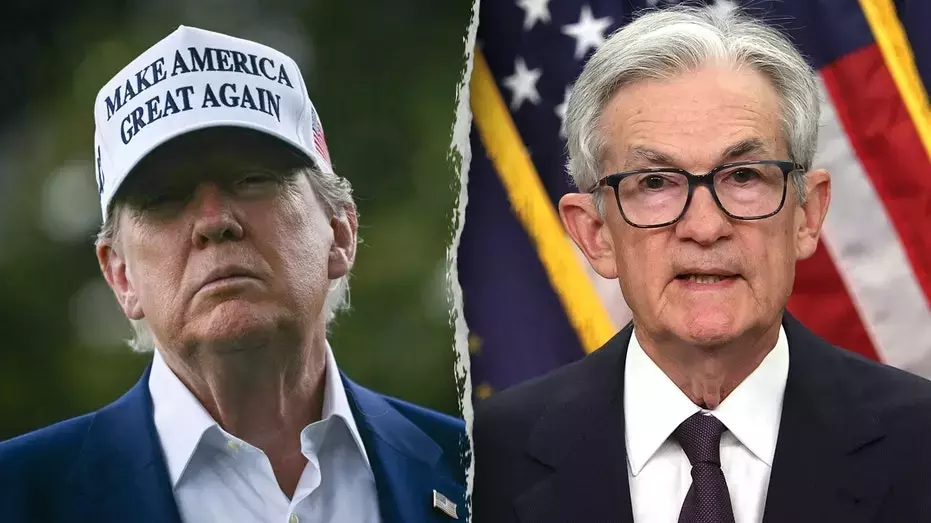
The ongoing tension between the White House and the Federal Reserve has intensified, with former administration officials and current political figures publicly criticizing the central bank’s chair over its monetary policy decisions. The debate centers around interest rate adjustments, with some arguing that the Fed is lagging behind global trends and negatively impacting economic momentum. Calls for leadership change have grown louder amid mounting frustration from high-profile voices in government and finance.
In a series of public statements, vocal critics have condemned the Fed's reluctance to adjust rates despite what they claim is a favorable economic climate. These critics argue that delaying rate cuts is costing the nation billions annually and urge the central bank’s board to take decisive action. Their comments come as the European Central Bank has moved ahead with multiple reductions, contrasting sharply with the Fed’s more cautious stance. Testimonies before Congress have further amplified the scrutiny surrounding these policy choices.
Despite mounting external pressure, the Federal Open Market Committee has maintained its current rate range, drawing sharp rebukes from those who believe the central bank should be more responsive to shifting economic conditions. Speculation about potential successors has emerged, reflecting broader concerns about leadership direction and economic stewardship. While the current term of the Fed chair extends into the next year, the debate over monetary policy and institutional independence continues to dominate financial and political discourse.
Economic governance requires balance, independence, and long-term vision. While political leaders naturally advocate for policies that align with their agendas, the role of central banks is to remain grounded in data and analysis. Healthy debate is essential, but when pressure tactics overshadow objective decision-making, the integrity of financial institutions is at risk. Upholding sound economic principles ensures stability, trust, and resilience in times of uncertainty.
